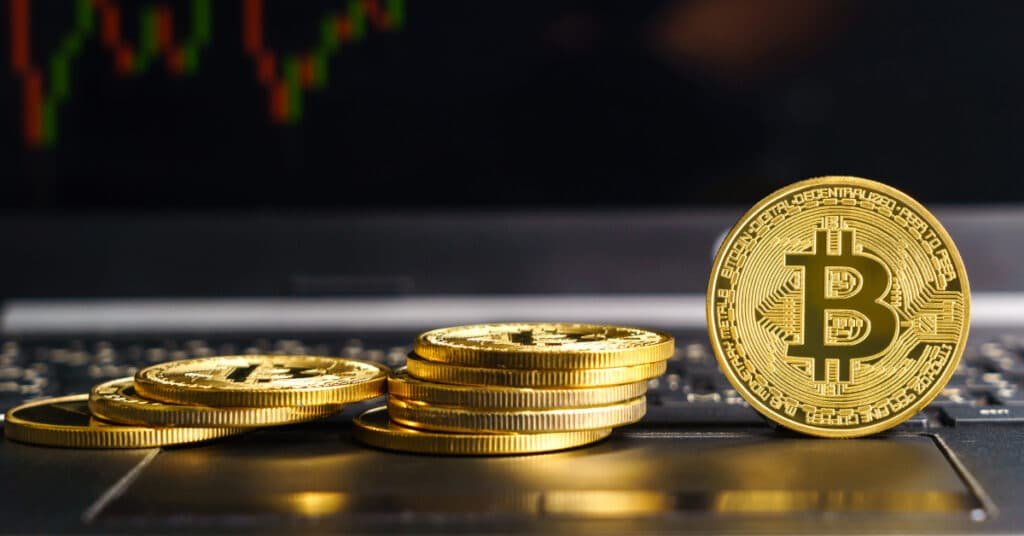Bitcoin is a prominent asset that attracts both young and experienced investors. Amid economic uncertainties, financial crises, and political shifts, it stands out as an alternative investment and hedge.
How do global economic factors impact Bitcoin, and what does this mean for your portfolio?
Monetary Policies and Their Impact on Bitcoin
Monetary policies, such as decisions by central banks (notably the Federal Reserve in the U.S.) to adjust interest rates, directly affect financial markets. During periods of low interest rates, investors often seek higher returns, boosting the cryptocurrency market.
Conversely, when the Federal Reserve raises rates, borrowing costs increase, reducing market liquidity. This can dampen interest in more volatile assets like Bitcoin. However, many investors still view it as an attractive option compared to traditional currencies.
Source: Federal Reserve’s Impact on Bitcoin
Inflation and Bitcoin as a Hedge
Rising inflation erodes purchasing power. In many countries, investors turn to Bitcoin as an alternative store of value, given its limited supply and relative independence from fiat currency fluctuations. In the U.S., recent price increases have led many to consider Bitcoin as a means to protect wealth against dollar devaluation.
For instance, in countries with high inflation rates like Argentina and Turkey, citizens seek alternatives to preserve capital. While the U.S. economy is more stable, rising prices are affecting consumers, making Bitcoin an appealing option.
Source: Bitcoin Adoption in High-Inflation Countries
Economic and Geopolitical Instability
The cryptocurrency market, especially Bitcoin, often reacts to geopolitical uncertainties such as wars and economic sanctions. These events can diminish confidence in traditional financial systems, positioning Bitcoin as a viable alternative investment and hedge.
During the conflict in Ukraine, for example, there was an uptick in Bitcoin purchases by citizens aiming to safeguard their capital amid turmoil. This demonstrates that in times of instability, Bitcoin becomes a refuge for many investors, including Americans.
Source: Bitcoin’s Role in Geopolitical Crises
Regulatory Landscape and Its Impact on Investors
Bitcoin’s growth has attracted global governmental attention, leading to efforts to regulate the cryptocurrency market to ensure investor security. In the U.S., regulatory changes directly influence access to buying and selling Bitcoin. Stricter regulations can reduce liquidity and hinder new investor entry, while favorable regulations can stimulate the market.
A recent example is the approval of Bitcoin ETFs in the U.S., making the asset more accessible to investors who prefer traditional brokerage platforms. These regulations are crucial for investor security but also affect Bitcoin’s volatility and valuation.
Source: Bitcoin ETF Approvals and Market Impact
Bitcoin’s Future in the Global Landscape
The interplay between the global economy and Bitcoin is increasingly evident. With events like inflation, geopolitical instability, and regulatory changes, it’s essential for investors to understand how these variables can affect the cryptocurrency market. While the future remains uncertain, Bitcoin continues to be a relevant option for those seeking diversification and protection.
If you’re interested in learning more about how economic trends impact cryptocurrencies, follow our page for updates and insights on the subject.
Note: The sources provided offer additional context and information on the topics discussed.









